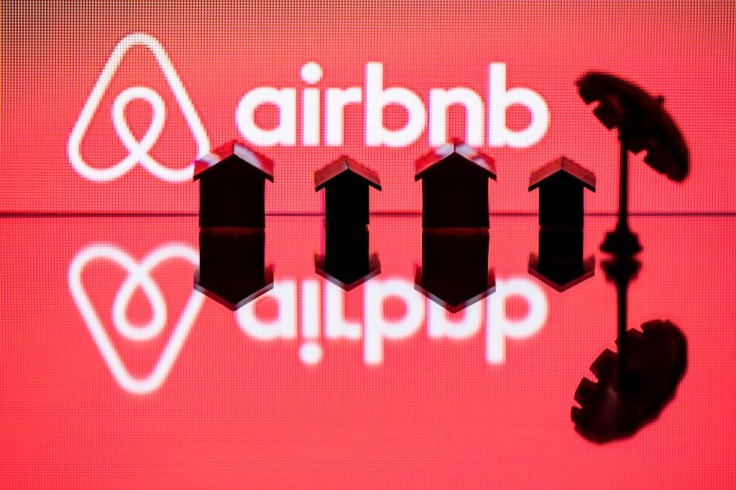Italian tax authorities are set to seize €779 million ($836 million) from the short-term rental platform Airbnb over alleged tax evasion.
The decision came after the Milan prosecution said there was a failure to collect taxes from landlords on around €3.7 billion ($3.96 billion) of rental incomes. Under the Italian law, landlords are mandated to pay 21% of their earnings to the government.
Tax payment failures were recorded from 2017 to 2021.

In a statement to BBC, Airbnb said it was "surprised and disappointed" with the actions of the Italian prosecution. Airbnb spokesperson Christopher Nutly said the firm's European headquarters is working close with the Italian tax agency since June to resolve the issue.
"We are confident that we have acted in full compliance with the law and intend to exercise our rights with respect to this issue," Nutly said.
Three people who held managerial positions in Airbnb during the specified period are also under investigation.
Italy's Crackdown on Tax Evasions
The Airbnb decision came as Italian authorities harden regulations around tax payments and evasion.
In 2017, tech giant Google paid back Italy €306 million ($327 million) for tax lapses from 2009 to 2015. The same happened with Apple in 2015 as the company was ordered to return €318 million ($340 million) over unpaid tax deals.
Italian Prime Minister Giorgia Meloni recently announced plans to implement new regulations to crack down the rampant tax evasions in the country, including raising tax rates for short-term leases like Airbnb from 21% to 26%.
Italy's decision abides by the European Union's (EU) principle of freedom to provide services across the organization's 27 member countries. The EU's top court have also affirmed with the Milan's court decision on Airbnb.
Airbnb Controversies Over Tax Regulations
While Airbnb can still appeal the court's decision, it certainly would not be easy as more states tighten their regulations on the company.
In September, New York officials introduced new rules on Airbnb landlords listing properties in the state of less than 30 days to apply for an official registration number. Airbnb labelled the new rules as a "de-facto ban" of temporary rentals in the city.
New York City landlords have also filed lawsuits against Airbnb and tenants "thumbing their noses" at the new home-sharing regulations.
Related Articles : Airbnb Relaunches Rooms for Rent as a Cheaper Option for Travelers









